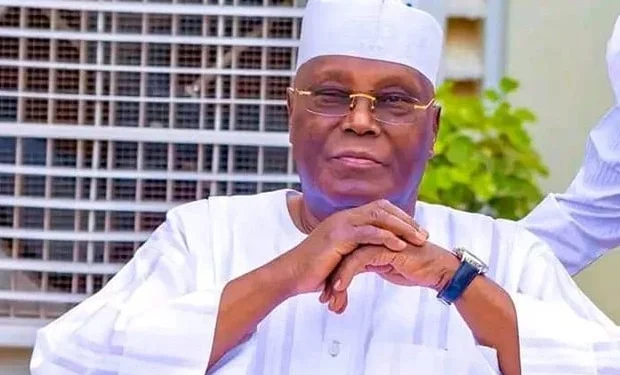Former Vice President, Alhaji Atiku Abubakar, said the 2025 budget presented by President Bola Tinubu to the National Assembly, lacks the structural reforms and fiscal discipline required to address Nigeria’s multifaceted economic challenges.
Atiku also warned that the administration’s decision to increase the Value Added Tax (VAT) rate from 7.5 to 10 per cent will exacerbate the cost-of-living crisis of Nigerians and impede economic growth. The former vice president in a statement yesterday added that
“By imposing additional tax burdens on an already struggling populace while failing to address governance inefficiencies, the government risks stifling domestic consumption and further deepening economic hardship.”
According to him, the 2025 budget, which he said is amounting to N48 trillion with a revenue forecast of N35 trillion, will likely lead to a N13trillion deficit.
Atiku stated that this represents a persistent trend under the All Progressives Congress (APC)-led administration since 2016, “wherein budget deficits have been consistently presented, accompanied by an increasing reliance on external borrowing.”
He noted that to bridge the fiscal gap, the administration plans to secure over N13 trillion in new borrowings, “including N9 trillion in direct borrowings and N4 trillion in project-specific loans.
“This borrowing strategy mirrors the approach of previous administrations, resulting in rising public debt and exacerbating the attendant risks related to interest payments and foreign exchange exposure.”
He, however, regretted that the 2025 budget’s capacity to foster sustainable economic frosty and tackle Nigeria’s deep-rooted challenges is questionable. Atiku evaluated the 2024 budget, and said its underperformance signals poor budgetary execution by the APC administration.
He noted that by the third quarter of the fiscal year, only less than 35 per cent of the allocated capital expenditure for ministries, departments and agencies, (MDAs) had been disbursed, despite the Federal Government’s claim of 85 per cent budget execution.
“This underperformance in capital spending, crucial for fostering economic transformation, raises concerns about the execution of the 2025 budget,” he said.
The former vice president added that debt servicing, which accounted for N15.8 trillion (or 33 per cent of the total expenditure), is nearly equal to planned capital expenditure, estimated at about N16 trillion, or 34 per cent.
“Moreover, debt servicing surpasses spending on key priority sectors such as defence (N4.91 trillion), infrastructure (N4.06 trillion), education (N3.52 trillion), and health (N2.4 trillion).
“This imbalance will likely crowd out essential investments and perpetuate a cycle of increasing borrowing and debt accumulation, undermining fiscal stability,” he observed.
Atiku said the government’s recurrent expenditure is high, with over N14 trillion (or 30 per cent of the budget), which he noted is allocated to operating an oversized bureaucracy and supporting inefficient public enterprises.
Atiku stated that to enhance the 2025 budget’s credibility, “the administration must prioritise the reduction of inefficiencies in government operations, tackle contract inflation, and focus on long-term fiscal sustainability rather than perpetuating unsustainable borrowing and recurrent spending patterns. “A shift towards a more disciplined and growth-oriented fiscal policy is essential for the nation’s economic recovery.”















